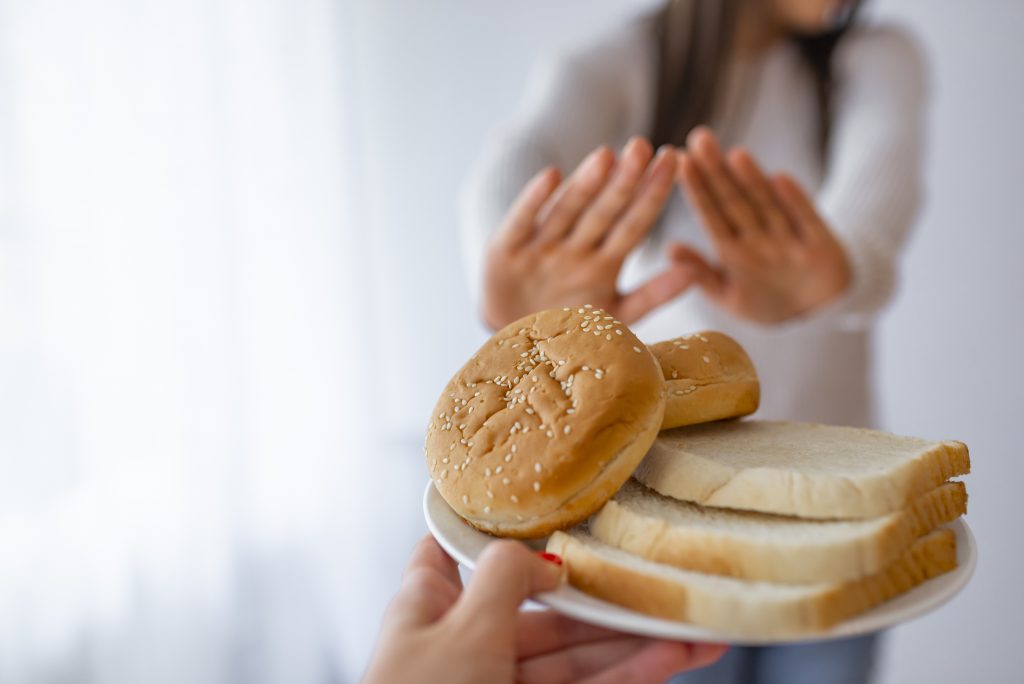Gardening Safety and Older Adults
Gardening is a pastime that nurtures the body, mind and spirit. Sometimes as we age, however, the “body” makes digging in the dirt a bit more challenging. Seniors who enjoy gardening should know that there are several ways to make gardening easier.
Raise Your Beds
One of the main reasons gardening becomes troublesome for seniors is all the bending over and kneeling gardeners have to do. It can present a significant fall risk. Raised beds handily solve that problem. Added benefits include better soil drainage, less required space, and improved soil quality.
Reduce Your Lawn
Maintaining a grass lawn is a lot of work. Some older adults prefer to concentrate on perennials, herbs, or vegetables. A good solution, when you have a lawn that needs constant care, is to reduce the amount of grass that needs tending. Some ideas for low-maintenance groundcovers include herbaceous ground cover like creeping phlox, low-growing herbs like wooly thyme, woodier ground cover like juniper. If you have pets, it’s a good idea to make sure to research pet-friendly ground cover.
Consider Vertical Gardening
When plants grow on poles and trellises, they’re much easier to tend. Cucumbers, beans, squash, and tomatoes all make good vertical garden plants. It also helps eliminate some of the walking involved in gardening for older adults who might have mobility problems.
Learn Proper Form
Kneeling. For weeding, some gardeners use a kneeler stool. Others find them to be cumbersome. If you’re a ‘kneeler’, make sure you’re following proper ergonomic form, so you don’t strain your ligaments. If you squat, keep your heels on the ground. If you kneel, try putting just one knee down.
A heavy-duty pruning session can leave wrists prone to tendinitis if you don’t use proper form. First, invest in some ergonomic pruners with comfortable handles. Next, keep your wrist straight, or in what’s called ‘neutral position’: not bent in either direction.
Take Proper Precautions
Carry a cell phone when you’re in the garden. That way if you need help, you’re not stranded.
Lessen the likelihood of needing to call for help by learning how to stay safe in the garden. Garden before 10 AM or after 4 PM when the sun is weaker and temperatures may be cooler. Even if you do garden during safer hours, however, it’s important to wear proper sun protection. That includes a hat, sunglasses, a long-sleeve shirt, and pants. The shirt and pants can help protect you from not just the sun but also from disease-carrying ticks.
Share this post:
Better Living for Today
Understanding Celiac Disease Awareness Month
Celiac disease affects 1 in 133 people and is one…
Read MoreWhat To Do With Your Old Electronics
It may seem tricky to get rid of your old…
Read More



